Table of Contents
COVID-19: The beginning of our journey to being more thoughtful travellers?
The year 2020 has been a rollercoaster ride.
No industry has been spared from the impacts of the COVID-19 pandemic. Travel has perhaps been hit the hardest.
However, in the midst of crisis, I personally always strive to focus on the silver lining.
When it comes to travel, for me, this silver lining is the fact that all around the world, destinations, tourism businesses and even individuals are asking themselves:
“How can we use this opportunity to shift towards being more thoughtful travellers?”
Look, I love to travel as much as the next person.
Yet, ironically, it is through my travels that I have come face to face with the truly negative impact travel has on locals, their culture, their societies, the local environment, its wildlife, natural attractions, untouched places that used to be pristine and no longer are…in summary, on the entire destination itself.
Some of it is good. A lot of it is bad.
The Impacts of Travel
Since the late 1950s, travel, as an industry, has had explosive growth.
The United Nations World Tourism Organization (UNWTO) estimates that in 1950, there were only approximately 25 million international tourist arrivals annually.
In 2018, this number grew 56 times to 1.4 billion international arrivals per year, most of which couldn’t care less about being more thoughtful travellers.
Of course, this increase in international arrivals also meant a greater impact on destinations across the world.
Plus, the increase in travel also resulted in higher greenhouse gas emissions that contribute to climate change. In fact, tourism as a sector is responsible for 8% of all global greenhouse gas emissions.
By itself, the global aviation industry is responsible for around 2% of global human-induced carbon dioxide (CO2) emissions and approximately 12% of CO2 emissions from all transport sources.
Statistically speaking, if aviation were a country, it would be right up there with the top 10 carbon-polluting nations in the world!
Plus, it’s not just emissions we need to be worried about. As a higher number of visitors increases, destinations have had to cope with overtourism.
Overtourism: the opposite of being more thoughtful travellers
Overtourism is a phenomenon that describes destinations where visitors have taken over, leading everyone – hosts, guests, locals and tourists – to feel like the extent of visitors is negatively impacting the quality of life in the area or the quality of the experience they came to enjoy to a level that has become unacceptable.
Being more thoughtful travellers begins with fighting overtourism.
But why?
Well, overtourism has a terrible impact on the local environment and local residents. It affects the local culture, people’s livelihoods, and the natural environment. For example, locals feel like their cities are losing their identities.
There are also reports that locals are losing their capacity to afford property, whether buying or renting.
As the real estate market caters to tourists and foreign investors, there are more short-term holiday flats available than actual properties for residents.
In terms of the environment, overtourism can wreak absolute havoc.
An iconic example of how this happens is the beach at Phi Phi Leh, Thailand, featured in Leonardo DiCaprio’s 2000 film The Beach. Today, most of the coral has died because of the impacts of overtourism.
It’s time we realise our conventional tourism model does not work.
We have to – have to – consider alternatives. The first step to making a change is to truly embrace being more thoughtful travellers.
So, what can we do to become more thoughtful travellers?
Think about all the past trips you’ve taken.
If you’re like me, you probably have a set process you follow from the time you decide you want to visit a destination to when you plan, book and actually go on the trip.
In fact, in 2016, Think With Google published a series discussing how ‘micro-moments’ are reshaping the travel customer journey.
In the first article of the series, they argued that all travellers go through 5 ‘micro-moments’ (or stages) in their travel journey.
When it comes to being more thoughtful travellers, all you need to do is pause, think and reflect:
What can I do to be more thoughtful and intentional, regardless of where I am in my travel journey?
Let’s break this down, shall we?
Dreaming Stage
Every trip you take starts with a dream. Anything could have triggered it.
Perhaps it was a post you saw on social media. Or maybe a friend came back from a trip raving about the destination they visited.
Whatever it is, you’re already thinking to yourself, “Wow, I’d love to visit this place.”
The seed has been planted. It won’t be long until you start planning to make it happen.
How can we be more thoughtful travellers at this stage?
I would suggest asking yourself the following questions. They will help you either plan your travels more sustainably and intentionally or even choose a different destination altogether.
- Is my desire to visit the destination genuine or do I simply want to go because everyone is posting about it on social media and I am experiencing FOMO?
- Does the destination suffer from overtourism?
- Is the destination a developed or developing country?
- Does the destination predominantly support practices that go against my values? For example, some people have chosen to boycott travelling to a destination because of ethical issues.
- What would be the carbon footprint of my flights to said destination?
- Am I able to offset the carbon emissions of my flights? How much would it cost me?
- Is there a destination closer to home that would be a better option?
- What kind of urban planning does this destination have? Will it facilitate easy and safe access to public transportation or the use of zero-emissions modes of transportation?
- What kind of activities and tourist attractions does the destination offer? Do they cater for conservation and support local community-development?
- What can I learn about the history, culture, people, language and traditional livelihoods of the destination I’m visiting?
The answers to these questions will be different from person to person. However, I find that asking them helps steer me in the right direction, even before I start planning my trip.
You might still choose to visit the destination even after realising that it does suffer from overtourism, for example, but you might decide to visit during the off-peak season.
If, on the other hand, you decide to visit a different destination than you originally planned for, you can ask these same questions of said destination.
Once you have decided that you will visit a particular destination, you move on to the planning stage.
Planning Stage
At this stage, you’re in planning mode. You’re choosing dates, flights, accommodations and all the activities you will do once you arrive at your destination.
How can we be more thoughtful travellers at this stage?
For me, this stage of my travel journey is all about choosing the right accommodation and activities. Some of the questions you can ask yourself are:
- What kind of accommodation will I book? For example, you can choose to book an eco-friendly hotel.
- Is it possible to book with airlines that are going above and beyond to reduce their environmental footprint?
- Are there any vegetarian, organic or vegan restaurants in town?
- How will I get around?
- If hiring a car, does the car hire company have hybrid vehicles as part of their fleet?
- Which local tour operators can I support?
- Are there any community-based tourism projects I can book?
- When is the off-peak season? Can I travel during that time?
- What can I do or bring to help me minimise the impacts of my travels? Check out our sustainability-minded travel guide to help you get off in the right start.
- What kind of businesses can I support that incorporate sustainability and/or environmental education into their tourism business practices?
Once you have the answers to these questions and are satisfied with your planning, you can then move on to the booking stage.
That part of your travel journey will be easy because while planning, you have already identified the right accommodations and tour operators.
Booking Stage
As its name suggests, the booking stage is the part of your travel journey where you start booking your flights, accommodations and any activities you’d like to do while on your trip.
Hopefully, the research you have done as part of your planning stage will allow you to book with businesses committed to making a difference.
Assuming you already have a list of businesses to support, all you need to do is make the booking!
A few questions you can ask yourself during the booking stage to consider being a more thoughtful traveller are:
- Can I book directly with the business to ensure my money goes towards them entirely?
- Does the airline I book with offer a carbon offset option?
- Can I save my itinerary, boarding passes and booking confirmations digitally to avoid printing unnecessary paperwork?
Experiencing Stage
So, you’ve planned and booked your trip. Now the fun part begins!
You’re in the experiencing stage, taking in all the wonderful new experiences that will make this trip unforgettable.
You’re also keen to share your trip, either with friends, family or on social media.
During this stage, you can ask yourself the following questions to help you be a more thoughtful traveller.
- How can I be mindful of the impact I’m having on the local destination, including local communities?
- Which words can I use in the local language to show that I’m not ‘just another tourist’?
- Have I asked people’s permission to take their photos?
- How can I lead by example while traveling in this destination?
- Am I aware of the rules that apply to the places I’m visiting? For example, national parks?
- What can I learn from the locals I meet during my trip?
- Am I letting myself be influenced by my own privilege in the way I perceive the destination and/or its people?
Remembering and Sharing Stage
Congratulations! You’ve finished your trip and had a wonderful time. Now you’re heading home or are already there.
You might find that you didn’t have time to share all the photos you took of the trip. I know I certainly struggle to do this while on my trips, so I will usually share the photos I took on my DSLR after my trip has finished.
How can we be more thoughtful travellers at this stage? Some of the questions you can ask yourself during this stage are:
- Did I learn anything about my trip that I can apply at home?
- How has this trip influenced me? Has it marked me in any positive way? If so, how can I share that with other people?
- Am I being mindful of what I’m sharing online?
- How can I use my social media posts to educate people about the destination I visited?
- Can I choose not to geotag a sensitive location on my social media posts?
Conclusion
Like this post has shown, being more thoughtful travellers begins even before embarking on our journey.
Asking yourself questions and taking the time to answer them will allow you to take a moment to think and reflect on what you kind of trip you want to have and what example you want to set for others.
In practice, this is a lot harder than it seems. At the end of the day, though, it’s all about taking that first step.
I hope you found this post useful!
Will you take on the challenge to be a more thoughtful traveller?
Let me know in the comments.

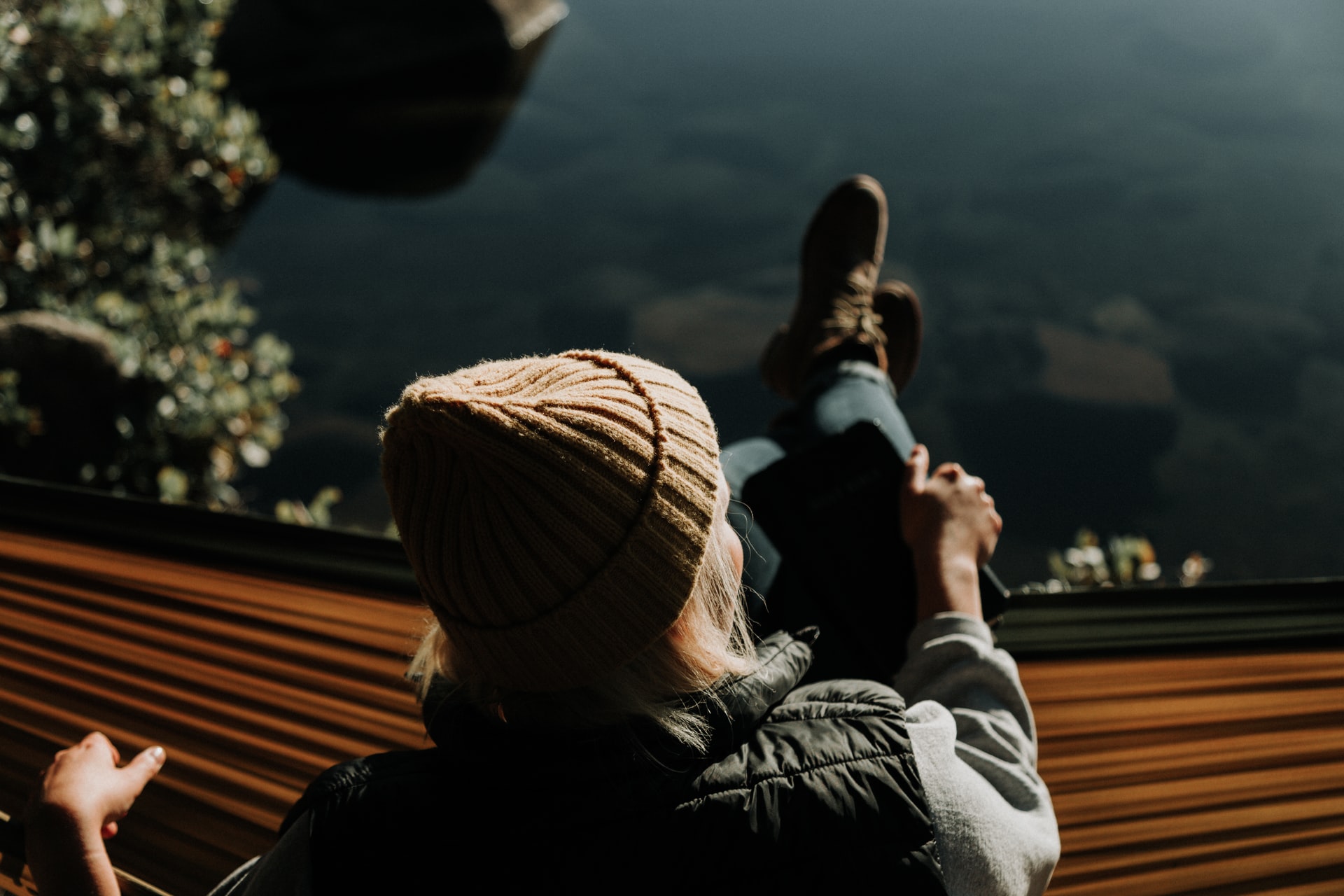
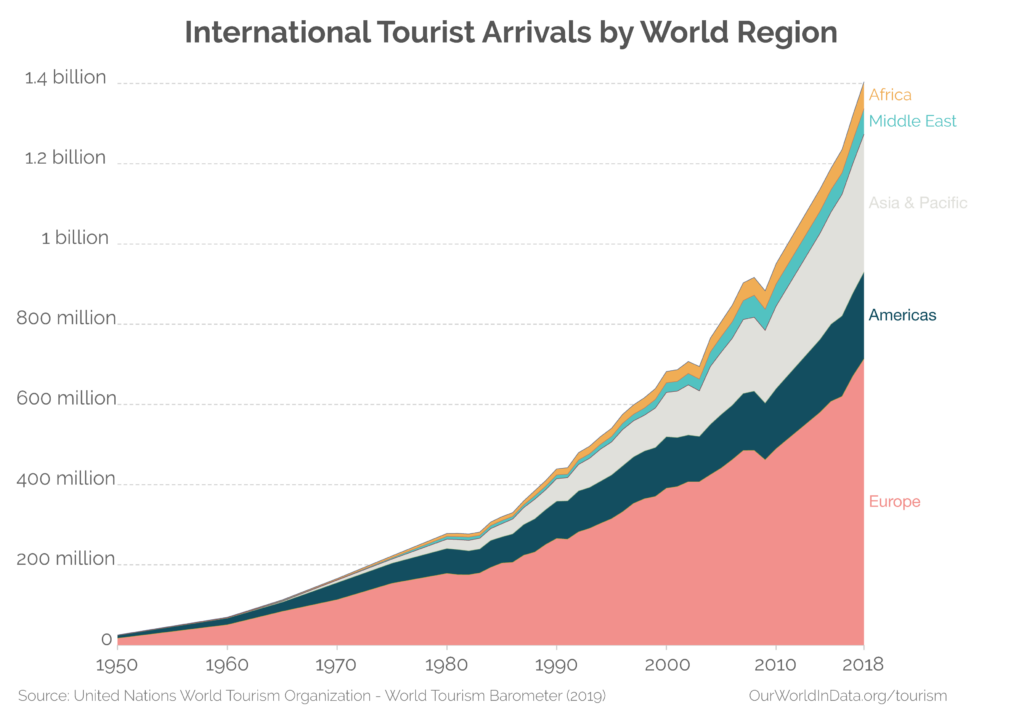
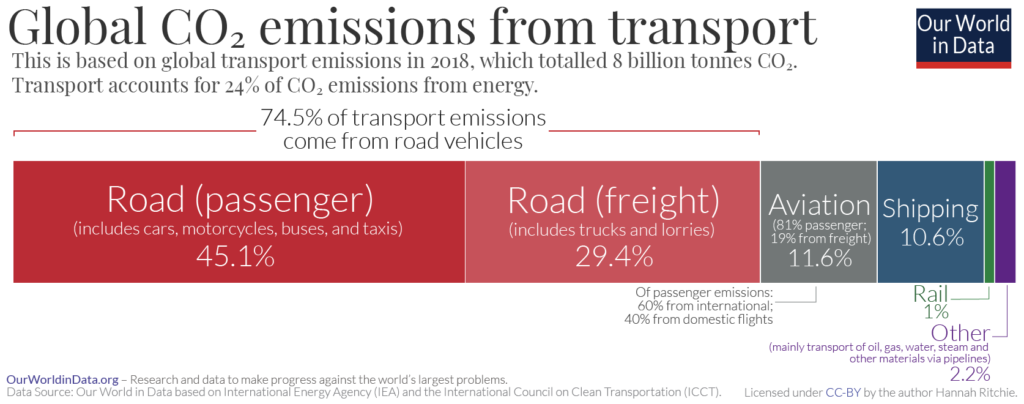
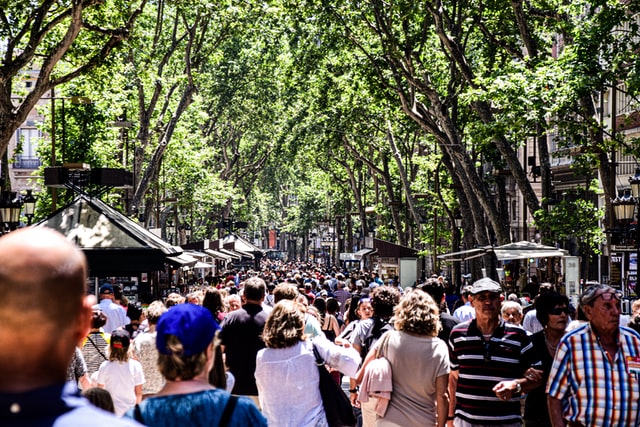
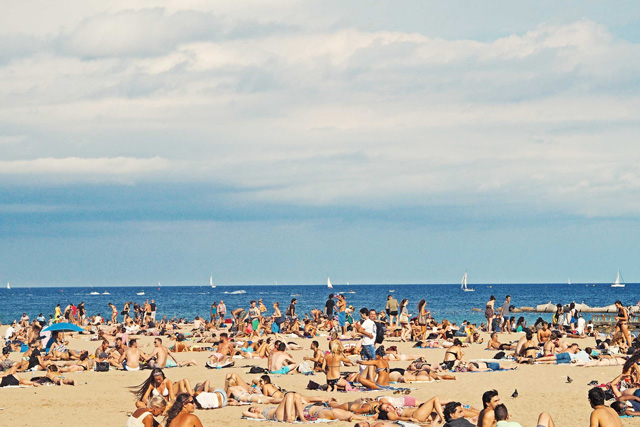
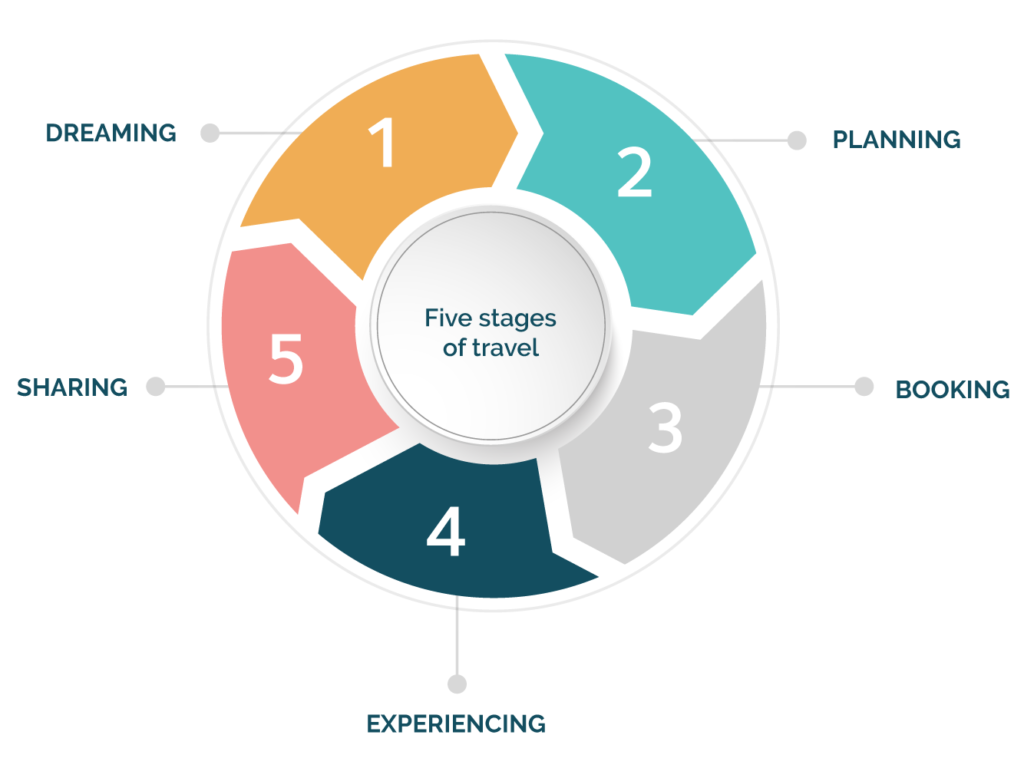



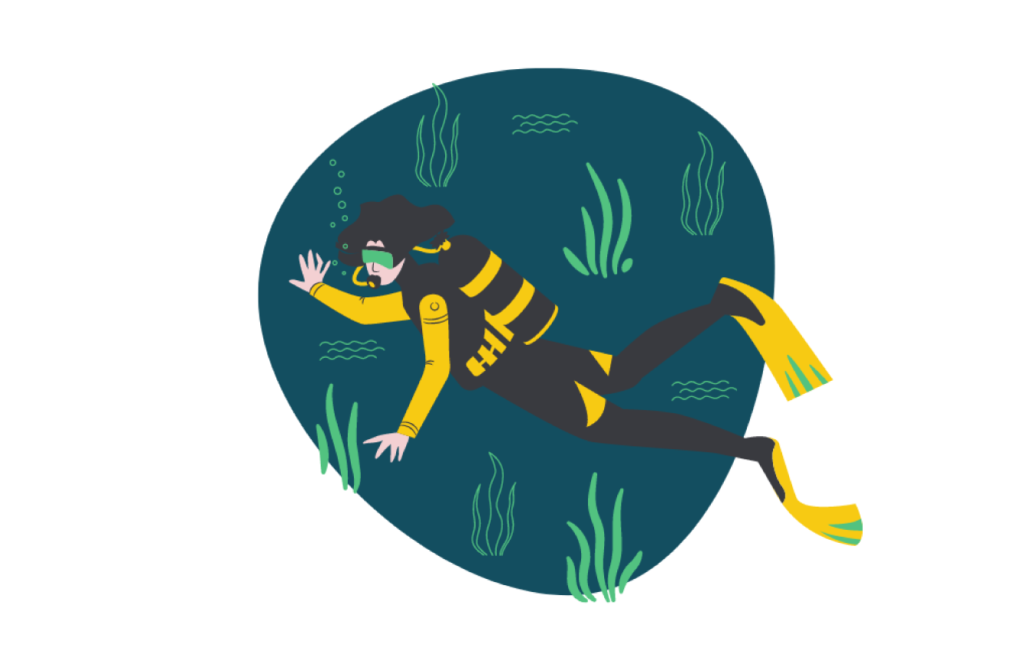

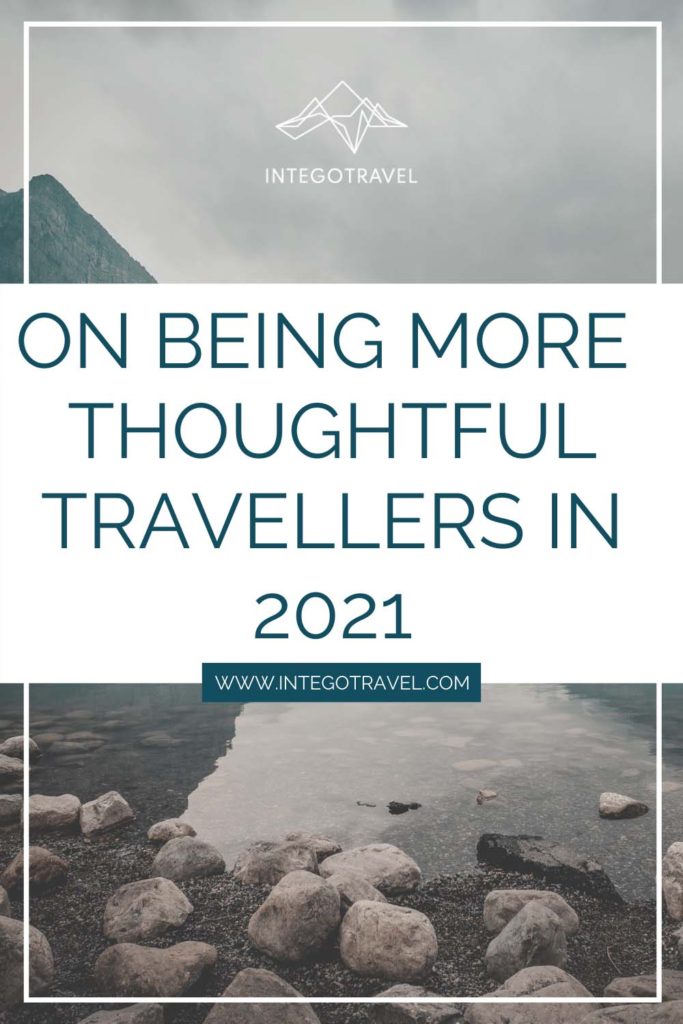
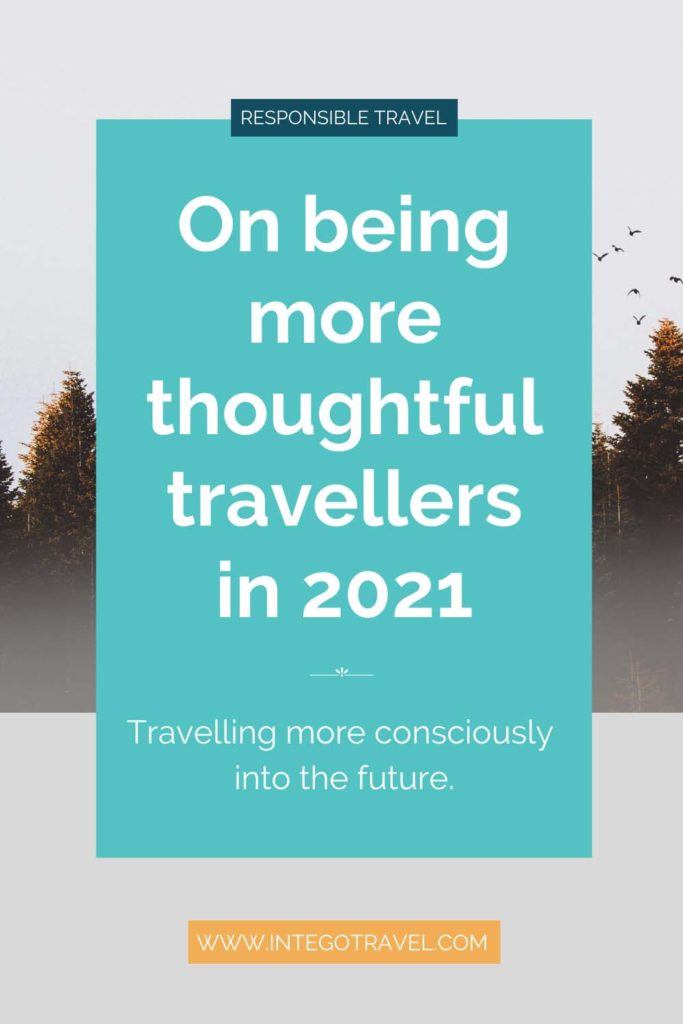
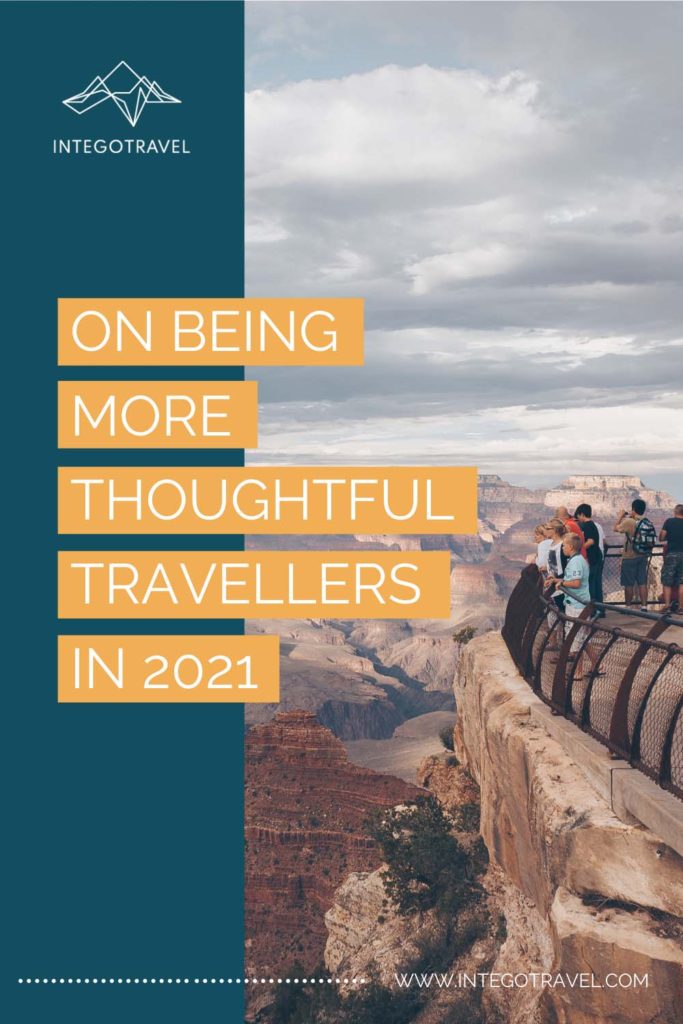





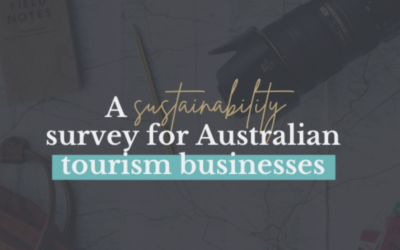
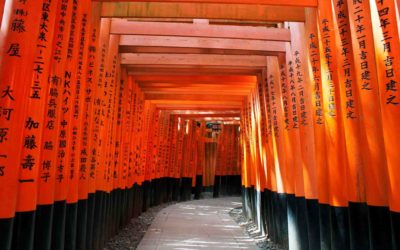
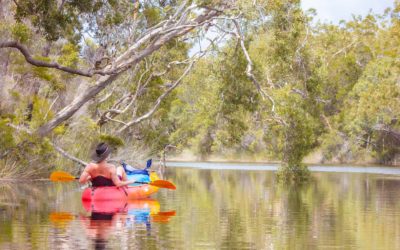
0 Comments